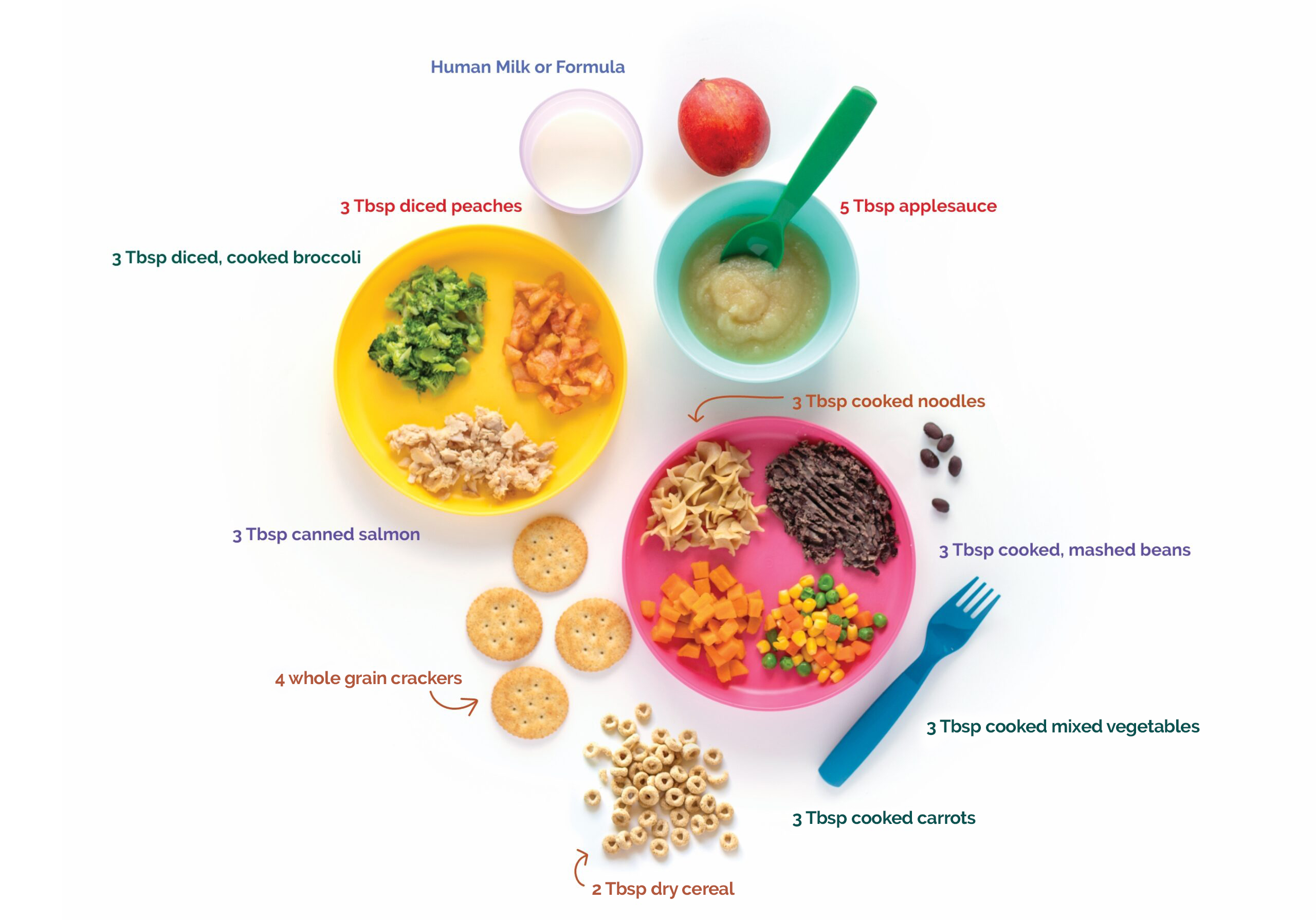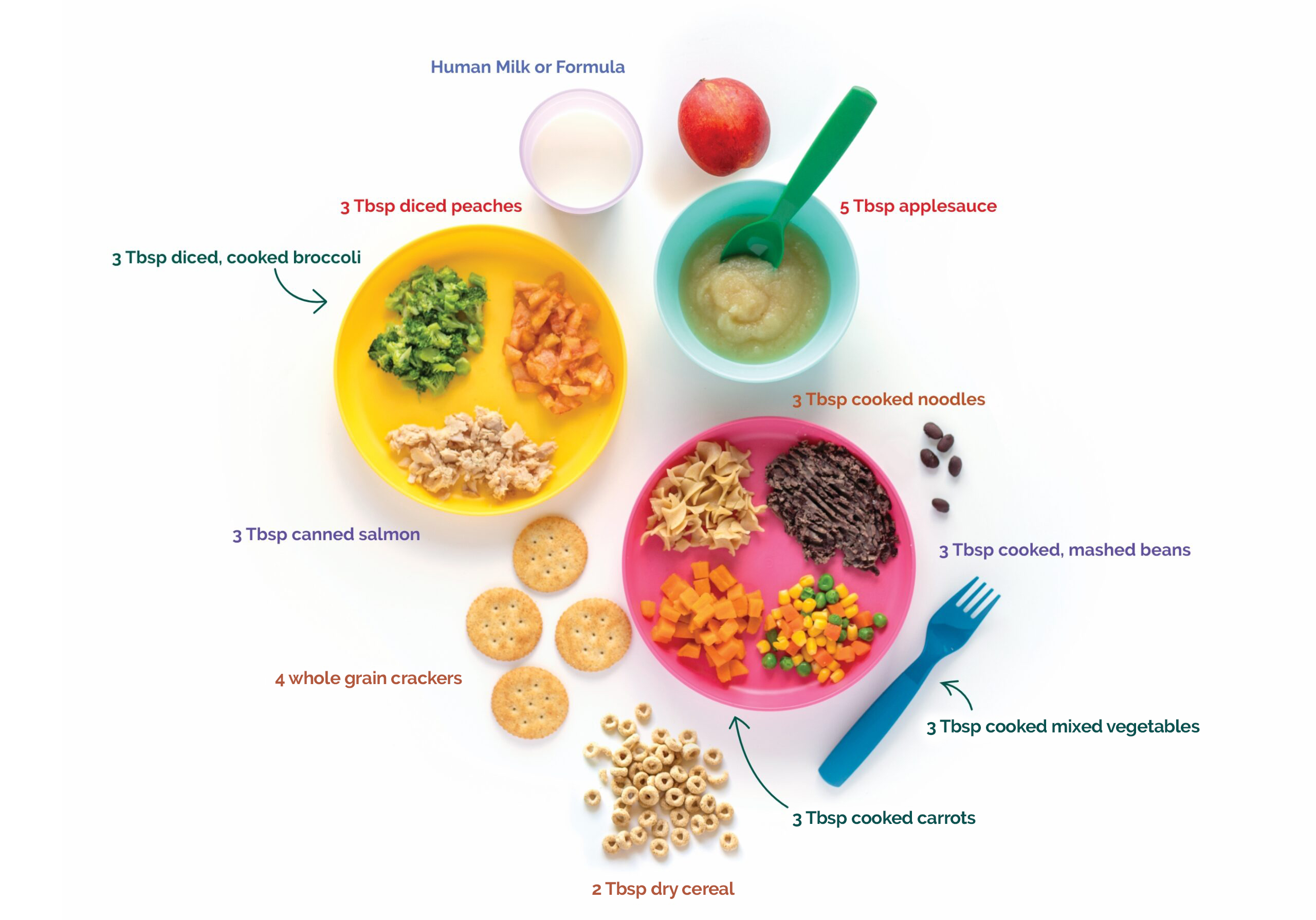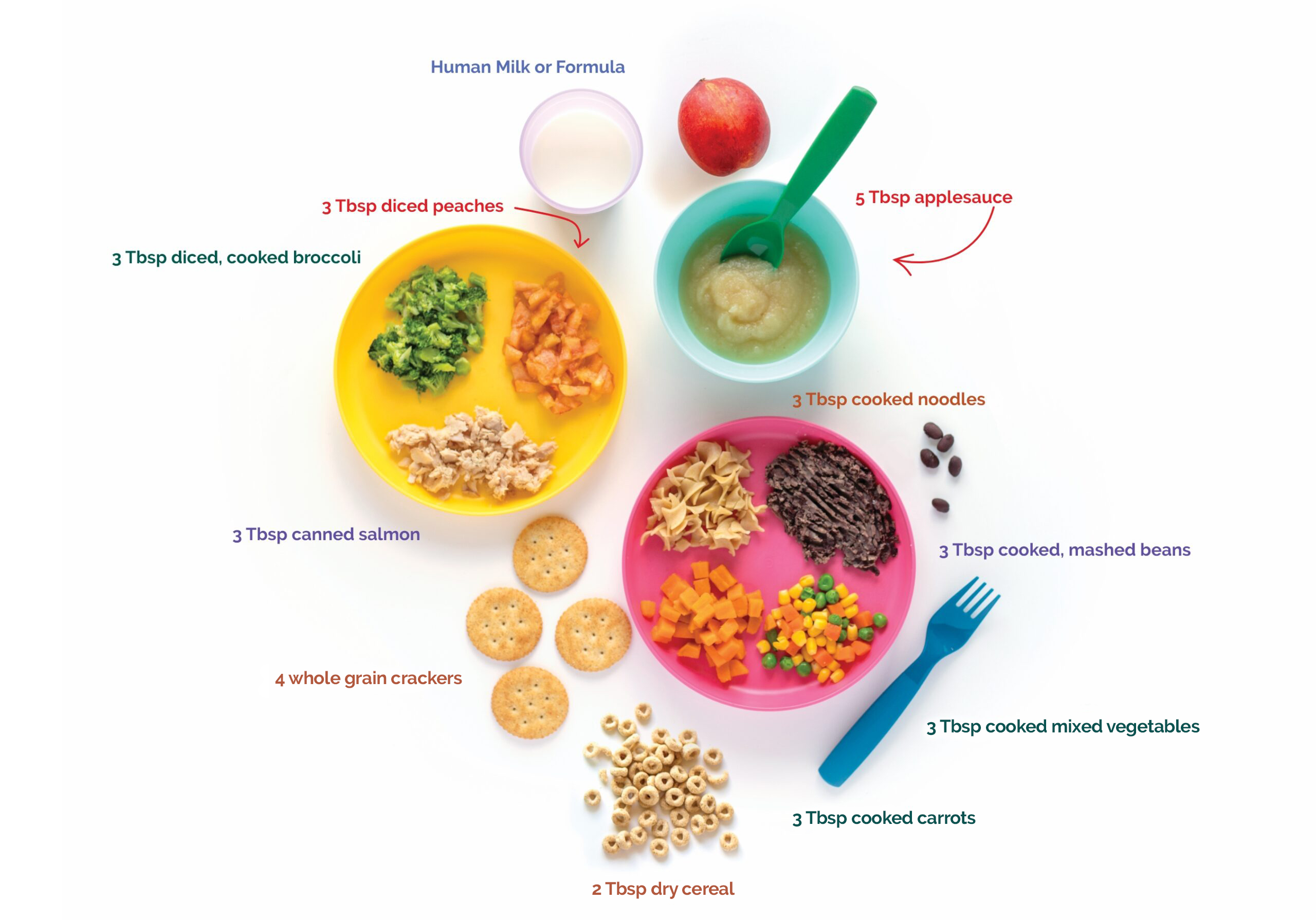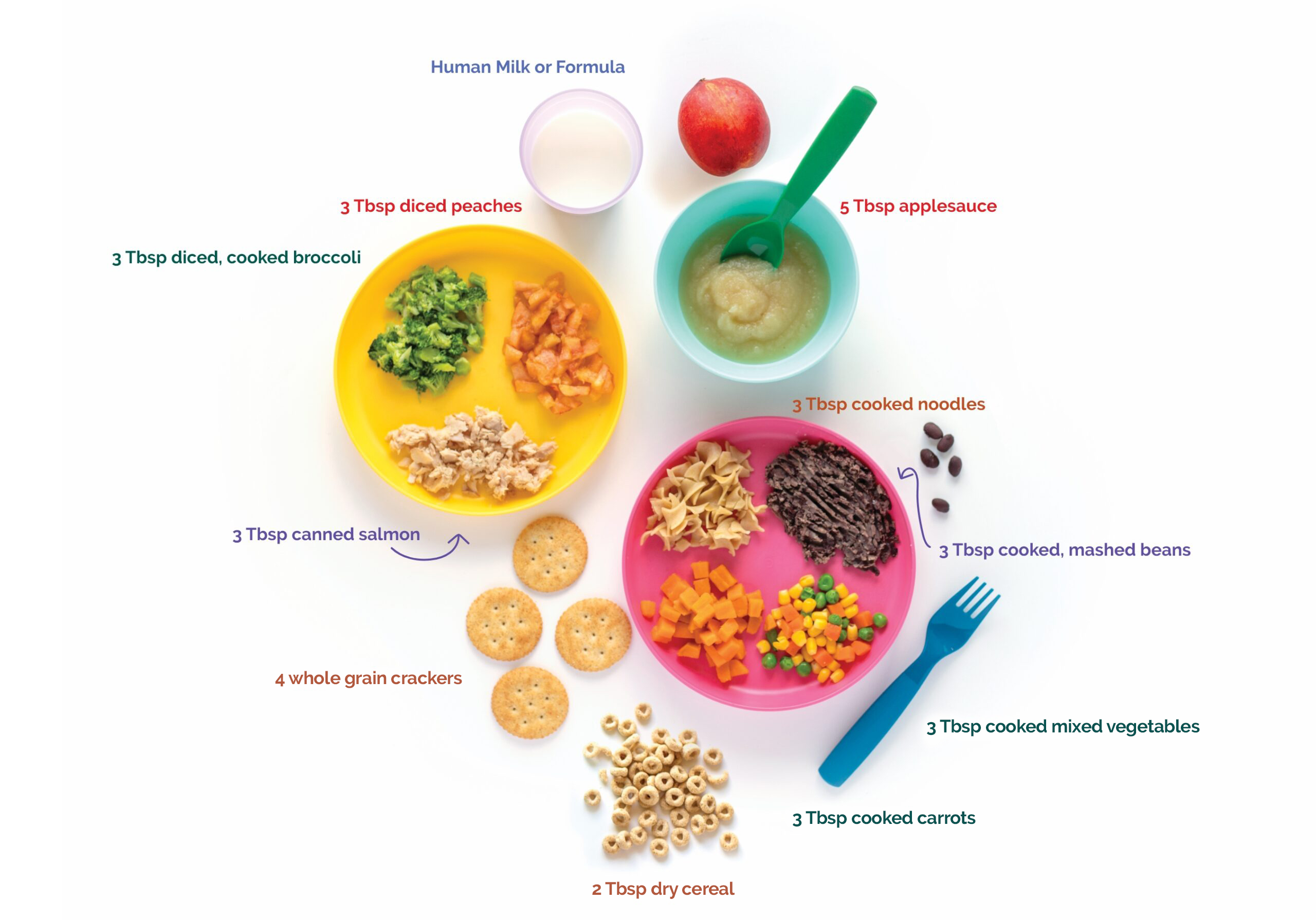It’s a fact.
Your Unborn Baby Drinks
What You Drink
Parenting is the start of a long journey… and it is hard work! Taking care of yourself and staying healthy helps you be able to care for your child.
- Remember, you are not alone. Take one day at a time. It is never to late to get started on your recovery.
Fetal Alcohol Syndrome
Is The Only Disease That Is 100% Preventable
It may seem like a drink now can do no harm. Yet, alcohol can cause you to lose your baby to a miscarriage.
Drinking can cause Fetal Alcohol Spectrum Disorder (FASD). Your baby can be born exposed to substances and then go through withdrawal. Your baby will cry, shake, and hurt. It can cause your baby to have:
- Slow growth
- Small brain size
- Learning disorders throughout the school years
- Poor judgement which could lead to problems breaking the law as an adult
- Attention problems
- Trouble getting along with others

Make A Change
Now
There are a few things you can do if you are pregnant or there’s a chance you could become pregnant, these include:

Take Your Prescriptions

Get Help

Follow Directions

Follow Directions
Alcohol and Drugs
Parenting is a hard job especially if you are trying to keep infants and young children safe.
Drug or alcohol use may make it harder for a parent to attend to their child. Keeping a child safe means paying attention to the environments that they live, play, and sleep in.
Under the influence of drugs and/or alcohol, a parent may not be able to make the safest choices. For example, a parent may fall asleep and sleep heavier then usual. If they are cosleeping with infants and young children, this can put them at risk for suffocation.
Tobacco
Tobacco use by caregivers who are around infants and young children can affect the children’s health.
Secondhand smoke is smoking that occurs in an enclosed space like the home or a car. Examples of thirdhand smoke are when a baby inhales the toxins from the clothing, hair, and skin of someone who smokes.
Exposure to secondhand and thirdhand smoke puts young children at risk for ear infections, asthma, or more serious breathing problems when they get a cold or virus.
Street Drugs
Young children are naturally curious and can get into any drugs or prescribed medicines that are not safely stored. They may unintentionally swallow or eat something that is not intended for them.
Always keep prescriptions and any drugs or medicines out of the reach of children. In a key locked medicine cabinet is best.
Ask your doctor before taking any medicines. Medicines you used before you got pregnant may not be safe to take now. Even those sold at a drugstore or grocery store can hurt your baby.
Street Drugs
Young children are naturally curious and can get into any drugs or prescribed medicines that are not safely stored. They may unintentionally swallow or eat something that is not intended for them.
Always keep prescriptions and any drugs or medicines out of the reach of children. In a key locked medicine cabinet is best.
Ask your doctor before taking any medicines. Medicines you used before you got pregnant may not be safe to take now. Even those sold at a drugstore or grocery store can hurt your baby.
Get Help
and Support
Want help sorting it out?
Use your phone to dial 2-1-1 for Help Me Grow to be connected with an advisor who can connect you with services.

Get Help
and Support
Want help sorting it out?
Use your phone to dial 2-1-1 for Help Me Grow to be connected with an advisor who can connect you with services.


























